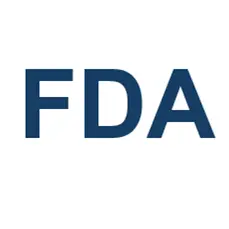Zinc is an essential mineral. Zinc may play a role in protein and DNA synthesis, wound healing and cell signaling and division. Zinc can also support healthy growth and development during pregnancy, infancy, childhood and adolescence and is involved in the sense of taste. Zinc can be added to foods in various forms, including the sulfate form.
Zinc Sulfate
Found In
- Beverages
- Fortified foods
- Multivitamins
Also Known As
- E380
- Sulfuric Acid Zinc Salt
- White Vitriol
The Beverage Bottom Line
Zinc sulfate is authorized for use in the U.S., Europe and Canada.
This ingredient may have authorizations in countries not included on this site.
International Assessments and Authorizations

U.S. Food And Drug Administration (FDA)
Generally recognized as safe for intended uses. (GRAS)

Health Canada
Zinc can be used as a supplemental ingredient.
In 2006, dietary reference intakes for zinc were reviewed by the National Academies of Sciences, Engineering and Medicine.
This page was last updated on 6/30/2025.


